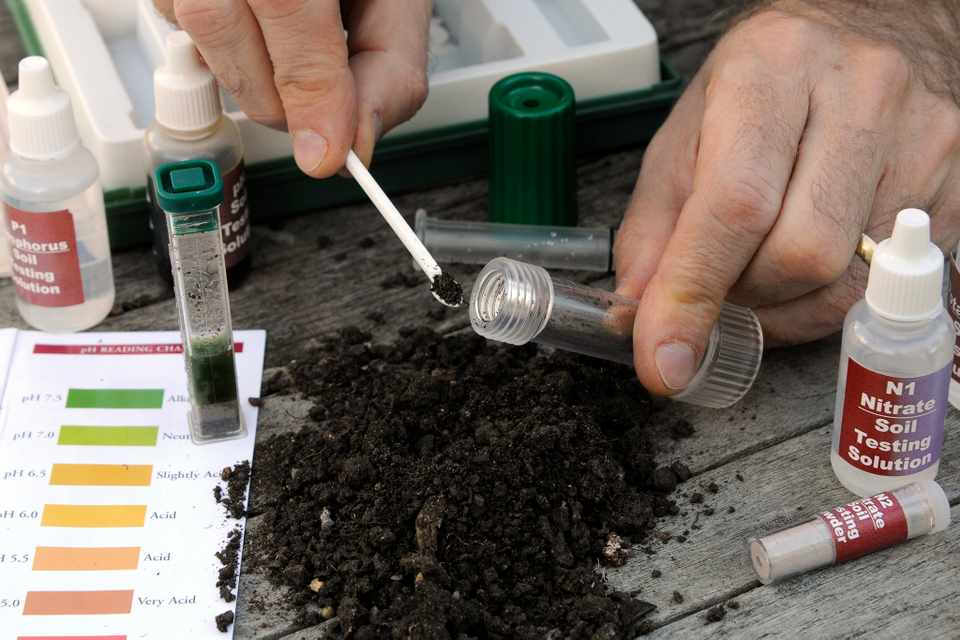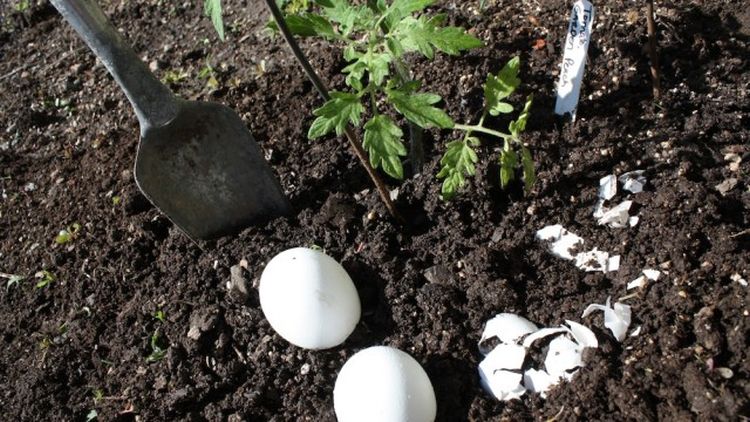
Supplementing your soil with the necessary nutrients in a natural means much more sustainable growth for the plants. For example, using kelp meal for fertilization is one of the natural ways to give potassium to your plant.

Fertilizers are sources of nutrients for the plants, and managing the soil fertility involves the addition of these nutrients. Rock phosphate is a great source of calcium, phosphorus, and trace minerals. Limestone also contains calcium, while also providing magnesium to raise the pH in the soil. Last but not least are the already mentioned greens, or the kelp meal. It gives potassium and a wide range of micronutrients.

Some soils need the exact amount of the right micronutrient it normally lacks deficient. It is a good idea to test the soil of a newly acquired piece of city property. Mention what you wish to grow on the said land, and the lab will give you advice on the best places for it. Soil tests are basically and oversimplified look at the soil you have, however very useful as you learn what you are dealing with.
Micronutrients are normally present enough in soils rich in compost. A lack of it can still occur though. The most supplemented nutrient is boron. Although essential and rather necessary, but in excessive amounts they can be toxic and dangerous for both the soil and the plants. Here you will need expert advice, and we strongly advise you to seek it.
Natural fertilizers have the advantage of slow-release. They require action from microorganisms, who make them available for the plants to use. This is a potential disadvantage however if you are hope to quickly overcome a deficiency in nutrients.

Organic farming is not about quickness however, and should not be rushed. You have to be patient. A released nutrient will slowly help the plant. This will result in a steady and sustained growth, not a quick vegetation flush. In addition, when the fertilizers are in slow-releasing form, the dangers of environmental contamination are reduced a great deal. Currently, waterway pollution from conventional fertilizers is a huge problem for many areas.

















